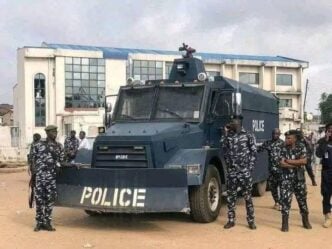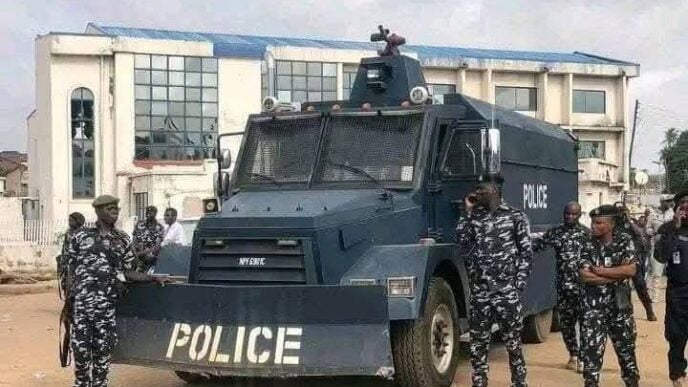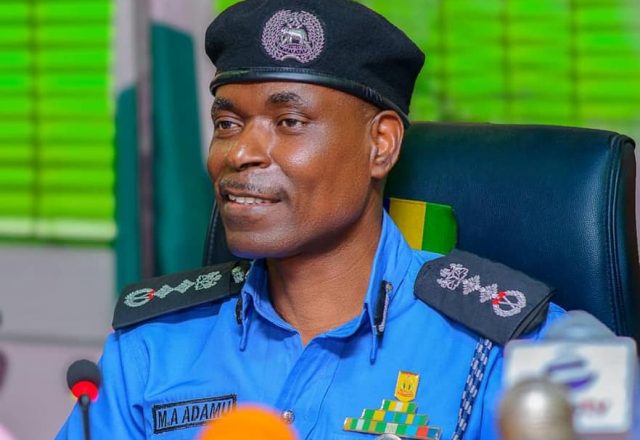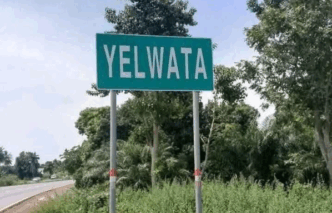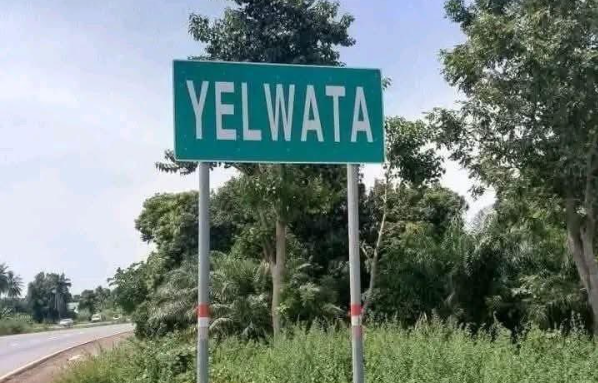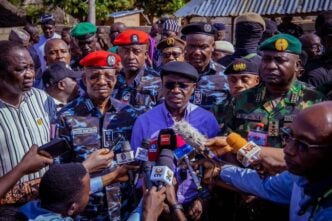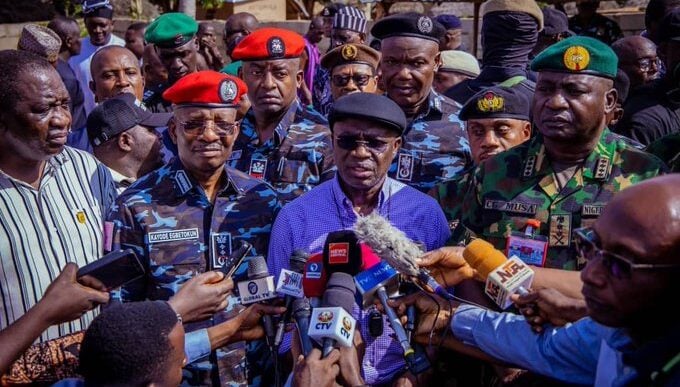BY SUNDAY JAMES
Benue state, once Nigeria’s prized food basket, is today soaked in blood. Fields that once blossomed with yam tendrils and swaying maize stalks now lie in ruin, abandoned, charred, or stained by the blood of the innocent. In community after community, the story is the same: sudden attacks, mass killings, homes burned, families displaced, and the assailants vanish as easily as they strike. As the death toll rises and entire villages are emptied, one question now grips the nation’s conscience: How much longer must Benue people live and die in fear?
The most recent wave of killings in Yelewata village, Guma LGA, left over 100 people dead, burned in their homes or shot while trying to flee. Just days earlier, another 20 lives were cut short in Aondona community, Gwer West. These are not sporadic incidents. They are part of a chilling and consistent pattern of bloodshed that has become the reality of Benue. From Otukpo to Logo, from Guma to Apa, Benue communities have become the killing fields of Nigeria’s Middle Belt.
Allegedly, these killings are carried out by suspected herdsmen. But here lies the uncomfortable truth: no one has definitively identified who they are, where they come from, or who arms them. They move swiftly, often in the dead of night, well-coordinated and heavily armed. Yet they operate with a level of impunity that exposes the grave failure of our security architecture. Year after year, the violence intensifies, but no arrests, no convictions, no justice. The same pattern. The same silence.
Advertisement
A recent video shared on social media by online activist VeryDarkMan shows horrifying scenes, charred human remains, bodies stacked like logs, and crying survivors wandering amidst the rubble of what were once homes. The footage is not just disturbing, it is damning.
That such brutality could occur and not lead to immediate national outrage raises serious concerns about the role of Nigeria’s mainstream media. Why are major news networks largely silent on this humanitarian tragedy? Why is there little to no investigative reporting, no sustained headlines, no on-the-ground documentation?
This information vacuum is not just negligent, it’s suspicious. It raises an urgent question: Is information about mass killings in Nigeria being deliberately managed? And by whom? When stories of massacres are left to social media to reveal, and online activists become the only source of truth, the credibility of the state and the press is called into question. A democracy that hides its dead loses both its humanity and its legitimacy.
Advertisement
This is not merely a religious war. Nor is it a simple ethnic conflict. At its core, it is a violent contest over land, water, and survival, one that has been dangerously escalated by institutional failure, poor governance, and the unchecked spread of illegal arms. Climate change and advancing desertification in the far North have pushed herders further south in desperate search of grazing land. But in Benue, this displacement has morphed into something far more sinister. The frequency, sophistication, and brutality of the attacks, often targeting unarmed civilians, bear the unmistakable signs of terrorist activity. These are no longer isolated clashes; they resemble coordinated campaigns of terror, intended to instil fear, displace populations, and seize control of land through violence.
The anti-open grazing law passed in Benue in 2017 was a visionary attempt to address these tensions. It outlawed nomadic cattle rearing and proposed ranching as a sustainable alternative. But instead of being implemented with national backing and urgency, the law has been largely ignored by federal authorities and starved of the resources needed for effective enforcement. It now stands as a paper tiger, bold in its intent, but powerless in execution, while the violence it sought to prevent continues to spiral out of control.
Benue’s significance goes beyond its borders. It is a critical contributor to Nigeria’s food supply, producing significant quantities of yams, rice, maize, and soybeans. But insecurity has paralysed farming. People are afraid to return to their lands. Planting seasons are missed. Harvests are lost. Children are pulled out of schools. Hunger rises. A study conducted in 2024 showed a direct correlation between insecurity in Benue and a steep decline in agricultural output. What was once a regional crisis has now become a national threat.
So, where is the outrage? Where is the urgency? Where is the state protection? These killers move freely across forests and farmlands, yet the Nigerian state appears unable or unwilling to contain them. The people ask: Why is it so hard to identify and stop them? Why are communities continually left to bury their dead without justice? How long will this cycle continue?
Advertisement
Benue is under siege, and the silence from Abuja is disturbing. Condolence messages are no longer enough. The federal government must declare a security emergency in Benue. Mobile police units and special forces must be deployed to the most affected LGAs—Guma, Gwer West, Otukpo, Apa, and Logo. Intelligence-led operations should target the weapons supply chains and identify the source of these attacks. Community policing structures must be formalised, trained, and equipped, not left to bear the burden of self-defence without support.
Equally urgent is the need for humanitarian relief. Internally displaced persons across the state need food, shelter, healthcare, education, and most importantly, a path home. The humanitarian crisis unfolding in Benue is a national shame.
We also need answers. The government must launch a judicial commission of inquiry to investigate the killings, establish culpability, and recommend prosecution. Without justice, peace cannot return. And without peace, the very idea of Nigeria is at risk.
Benue is not just another troubled state. It is the soul of Nigeria’s agricultural heartbeat. If its people are wiped out or permanently displaced, the ripple effect will be felt across the nation—on dinner tables, in markets, and in the fragile social fabric of our country. The deliberate silence of those in power must end.
Advertisement
The time to act is now, not tomorrow, not next year. We must confront the hard questions about who is killing Benue people, why they have not been stopped, and what kind of country allows this to continue. The answers may be painful, but silence is no longer an option.
Sunday James is a communications and development expert with over a decade of experience in public affairs, knowledge management, and strategic engagement. He writes from Abuja and can be reached via [email protected]
Advertisement
Views expressed by contributors are strictly personal and not of TheCable.

